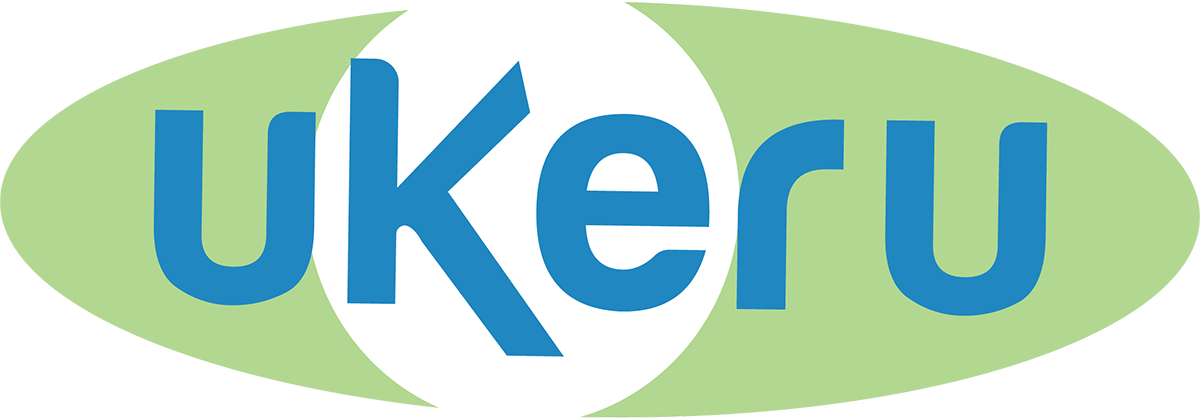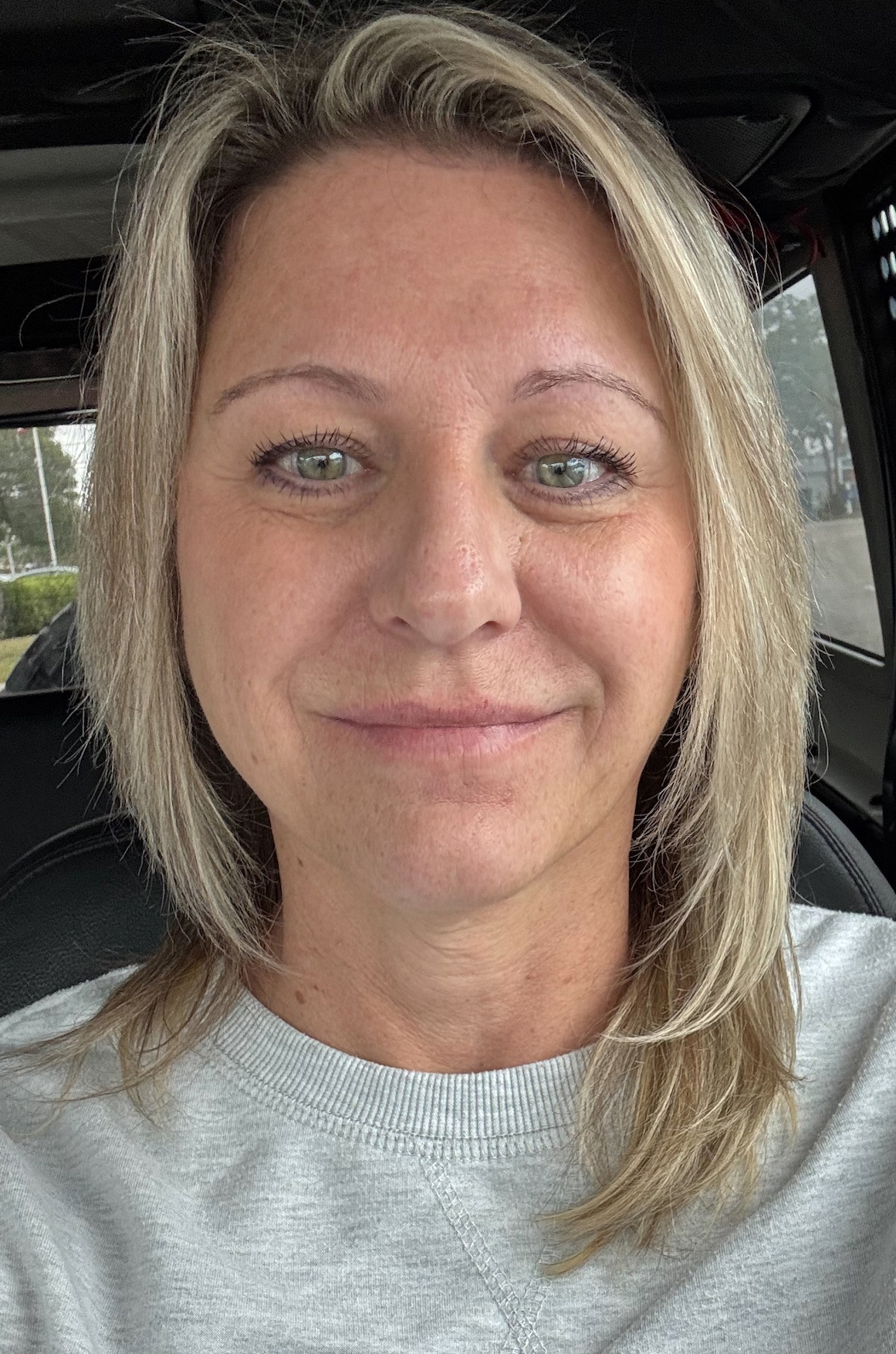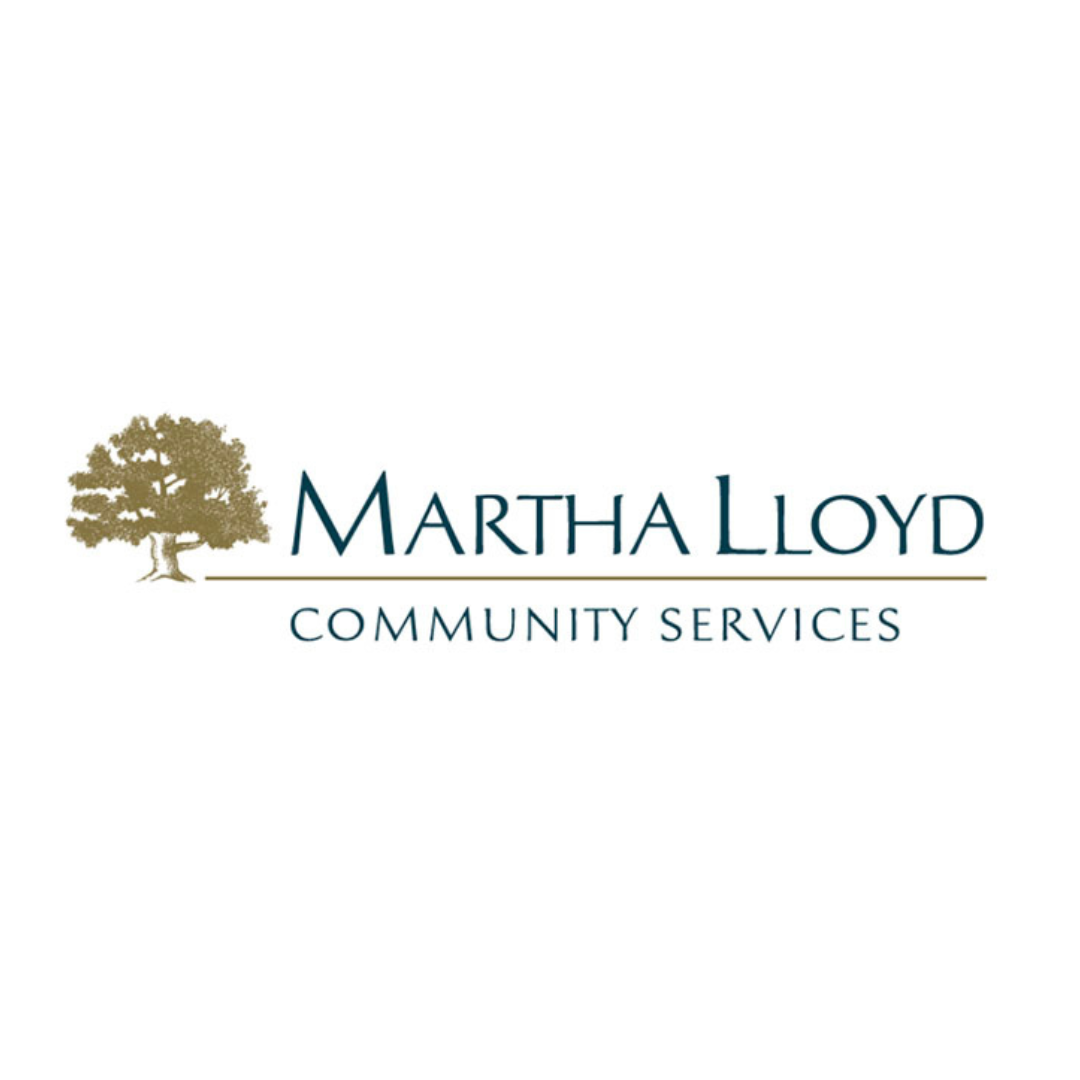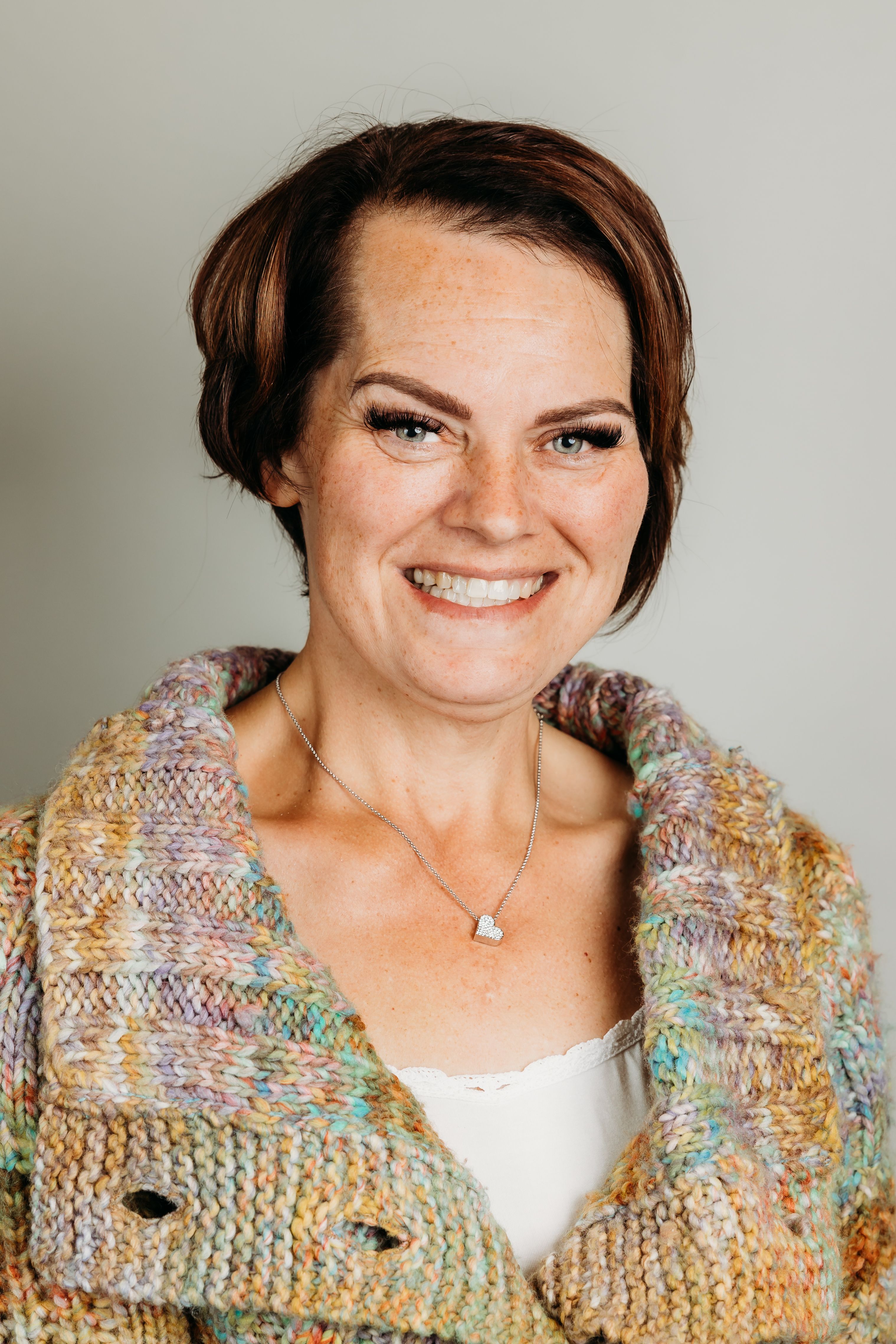
Q: How long have you been an Ukeru trainer?
A: Since 2017
Q: What population do you work with? What inspired you to get into this field?
A: I’m currently a supervisor of special education with MTSD. We support students with a variety of learning needs, including academic, behavioral, social, functional, physical, etc.… Prior to becoming a supervisor, I was an autistic support teacher for grades K-4. I was also a Therapeutic Staff Support (TSS) and a waiver support staff for children with severe autism.
I originally got into the field during a work experience as an undergrad. I entered college wanting to be counselor for teens, but after working in elementary schools through a tutoring program, I realized that I loved working with students with unique needs. In 2004, I began working as a TSS and I’ve been in the field of special education ever since.
Q: What part of Ukeru do you enjoy teaching the most and why?
A: I enjoy teaching the portion on how trauma effects the brain. When I first went through the Ukeru training, that part really stood out to me. Understanding behavior through a lens of trauma makes such a difference in how staff respond to students in crisis. It’s changes “what’s wrong with this child?” to “what’s happened to this child?” It comes from a place of understanding instead of control.
Q: What would you say to someone who is unsure about using Ukeru?
A: I would tell them:
- Don’t do it half-heartedly. It won’t work if you’re not fully invested. This includes, critically, administration.
- Give it time. There will be growing pains. Staff trained in restraint may feel frustrated. That’s ok. It will get better.
- Most importantly, what we’re doing is better for our students. We are reducing the possibility of injury, retraumatization, and death every single time we don’t restrain a student
Q: What advice or tip would you give to a new Ukeru trainer?
A: Rehearse before your first training. It’s a long training and it’s a lot to learn. Be prepared for a lot of “what if” questions if staff have never been trained in Ukeru before or have only used restraint. If you can, have someone from administration present to be a support and reinforce the importance of this change.
Q: How has Ukeru impacted your life?
A: I taught staff how to restrain students for nearly a decade. It’s hard to reflect on that now, knowing what I do about the impact of trauma and retraumatization on children. But once we know better, we have to do better. And I have the utmost confidence that we’re doing better by our students and staff now that we’ve moved to Ukeru. In addition, I ended up doing my dissertation on the use of Ukeru vs. the use of restraints. I had the chance to interview several students who have experienced both. The results of my study further reinforced my understanding of the importance of a trauma-informed approach for students in crisis. I’m working now on publishing my research and hope to be able to get it into research publications in the near future.
Q: What is your favorite quote or a motto that you like to live by?
A: “No one achieves anything alone.” – Leslie Knope, Parks and Rec.
I think this is especially important in times of change. One person can make a difference, but true systemic change happens through the devoted work of many people moving in the same direction.
Q: What three words would you use to describe Ukeru?
A: Brevity has never been my strong suit, but if I have to sum it all up, Ukeru is trauma-informed. It takes time to understand what that really means though. It doesn’t happen in one training. I’ve watched my own understanding and the understanding of the professionals I work with evolve over time, as it became something we truly understood.




